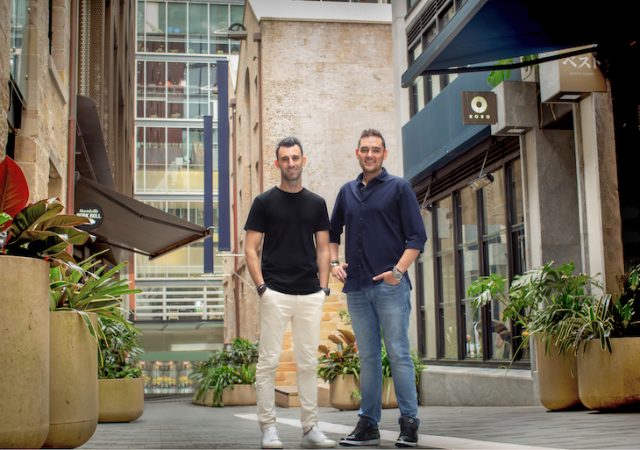Remember those LinkedIn posts of early 2020: scores of workers letting the world know they’d been let go or stood down, as companies cut their headcounts in response to the Covid downturn?
Cue the emergence of opportunistic employers with an immediate need for resources offering short term contracts at cut price rates?
What a difference a year can make.
In late 2021, it’s a very different story, with the market for developers here in Australia roaring hot.
International movement has been drastically curtailed since the onset of the global pandemic and as a result, local software houses, large and small, are having to work harder than ever to secure the skills they need.
The result? We’re back in a war for talent and this time around it is more demanding; a competition with companies in our state, country and globally, to secure staff and skillsets.
Professionals with the right experience and CVs are being bombarded with lucrative offers and opportunities, week in, week out.
Things may simmer down a bit when borders open up and companies are able to source personnel from abroad, or travel there to establish offshoring arrangements, but even then we don’t envisage demand dropping significantly any time soon.
Monitoring the market
What does that competition mean for up and coming software houses that have ambitious growth goals which are heavily contingent on finding and keeping top flight technical personnel?
For starters, it means we need to monitor the market on a regular basis; staying across salary survey data, equity incentives, ongoing training and flexible working conditions as well as gathering our own anecdotal evidence about rates and roles, whenever the opportunity arises.
At Marketplacer, it continues to be one of our main areas of focus to attract, retain and inspire employees to achieve great outcomes.
As a result, we’re using the benefits from the new world of hybrid work to inform quarterly reviews, to ensure our remuneration packages remain an appropriate reflection of employees’ expertise, contribution and impact within the organisation.
Show me the money
Salary has always been a key driver for ICT employees and, in 2021, it’s more important than it ever was. In days of yore, major software houses can, and did, use a dazzling array of workplace benefits to persuade the best and brightest young employees to join their ranks.
But in today’s times, ping pong tables and pinball machines, free dry cleaning, gourmet food and drinks on tap, transport to work and permission to bring your pet along for the ride are less relevant and compelling than once they were.
With working from home now the norm – local software success story Atlassian recently announced its team need only come into the office four times a year – dollars and flexibility are what employees are looking for, and getting.
Matching the money global competitors are able to offer can be a stretch for smaller players, particularly if they’re not in the position to dangle an equity carrot in front of new starters, but match it they must, if they hope to capitalise on opportunities and expand at scale.
Keeping our overheads low – last year saw us trade our leased premises in Sydney and Melbourne for smaller spots in premium co-working spaces – has allowed us to invest more in what matters most: the human capital that’s helping us take the company to the next level.
Culture counts
And although lifestyle benefits may now be something employees are happy to take or leave, company culture is not.
In start-ups like ours, which are in the business of developing solutions that drive extraordinary transformation and growth, it’s critical to create an environment in which people feel challenged, empowered, accountable and appreciated for the expertise and value they bring to the table.
Doing so has helped us to increase our headcount by 75% between June 2020 and July 2021 – we’re currently at 125 employees and growing! – while keeping attrition in the low single digits and maintaining employee engagement of 94%.
Investing for success
Australian start-ups have punched above their weight in recent years, with the likes of Canva, Atlassian and Afterpay rising to the challenge of going global and achieving multi-billion dollar valuations in the process.
Investing in a world class workforce has been pivotal to their success, as it will be for homegrown software houses like ours that hope to tread the same path in 2022 and beyond.
Ultimately, our overall people vision at Marketplacer is to create a culture where people can do the best work of their lives.
Kellie Egan is Marketplacer’s Chief People Officer.




















Trending
Daily startup news and insights, delivered to your inbox.